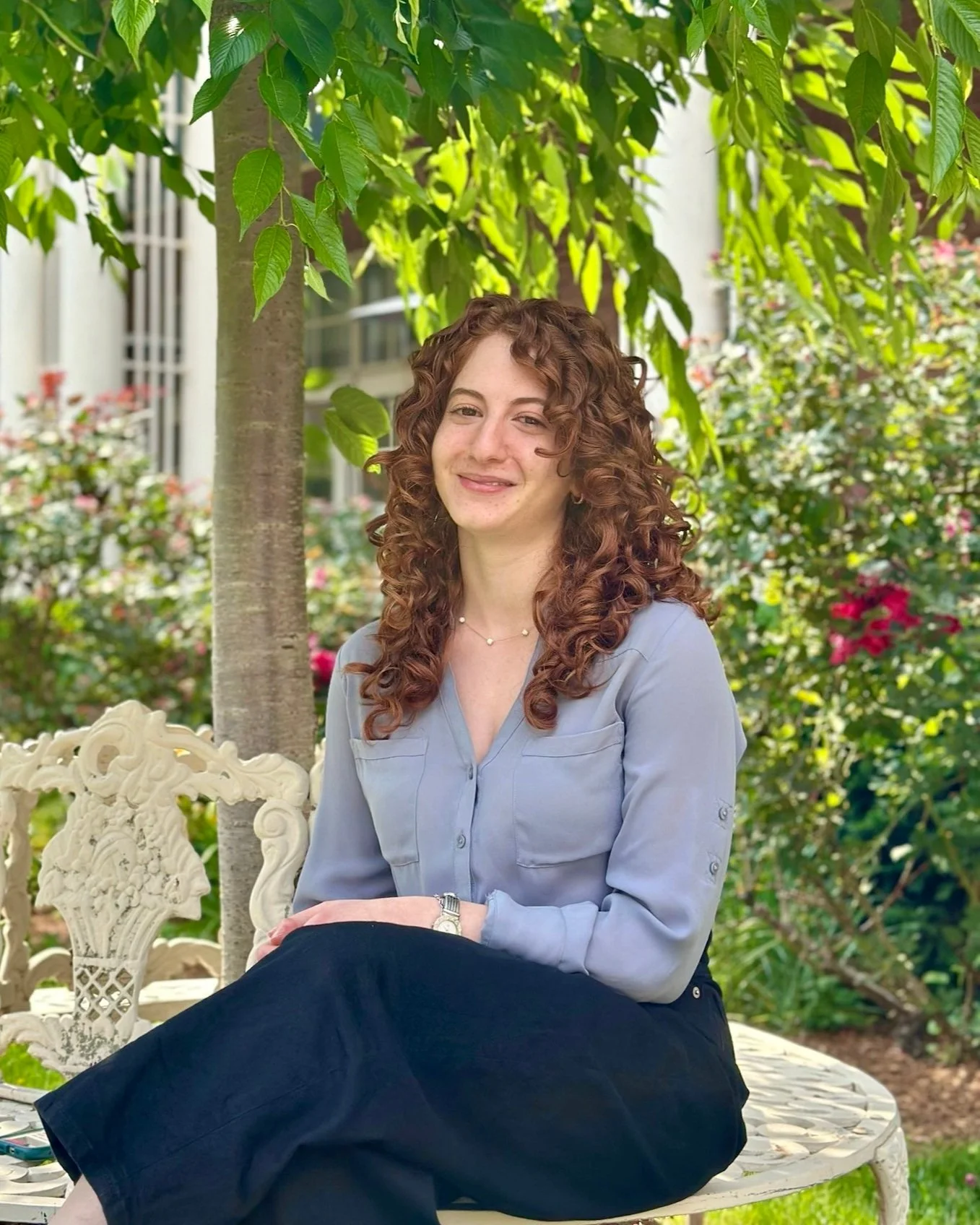Alumni
Postdocs and Associate Research Scientists
Sunghee Oh, Ph.D. Postdoctoral Associate, 2009-2011
Research project: Developing statistical methods for differential gene expression analysis using RNA-seq data
Current position: Instructor, Jeju National University, South Korea
Justin Cotney, Ph.D. Postdoctoral Associate, 2009-2013; Associate Research Scientist, 2013-2015
Research project: Identifying enhancers with human-specific function during limb development using comparative chromatin state mapping
Awards and honors: Rudolph J. Anderson postdoctoral fellowship; NIH K99 Pathway to Independence Award
Current position: Associate Professor of Genomic Science, Center for Craniofacial Innovation, Children’s Hospital of Philadelphia and the University of Pennsylvania
Jun Yin, Ph.D. Postdoctoral Associate, 2012-2015
Research project: Integrated computational analysis of gene expression and chromatin state in human development, evolution and disease
Awards and honors: Brown-Coxe Postdoctoral Fellowship, Yale University
Current position: Director, Bioinformatics Shared Resource at Sanford Burnham Prebys Medical Discovery Institute
Deena Emera, Ph.D. 2012-2017. Postdoctoral Associate, 2012-2017
Research project: Origin and evolution of developmental enhancers in the cortex
Awards and honors: NIH NRSA Postdoctoral Fellowship
Current position: Senior Scientist, Center for Reproductive Longevity and Equality, Buck Institute for Aging
Wei Niu, Ph.D. Associate Research Scientist, 2013-2016
Research project: Genome editing tools to elucidate neurodevelopmental gene regulatory networks associated with autism risk
Current position: Research Scientist, University of Michigan
Rebecca Muhle, M.D., Ph.D. Resident, Albert J. Solnit Integrated Adult and Child & Adolescent Psychiatry Program, Yale Child Study Center, 2011-2017; Instructor, Child Study Center, 2017-2019
Research project: The role of chromatin modifiers in autism spectrum disorder
Awards and honors: American Academy of Child and Adolescent Psychiatry Pilot Research Award; NIH K08 Mentored Clinical Scientist Research Career Award; Simons Foundation Bridge to Independence Award
Current position: Assistant Professor, Columbia University Department of Psychiatry and the New York State Psychiatric Institute
Martina Krenzer, M.D. Postdoctoral Fellow & Associate Research Scientist, 2016-2021
Awards: Postdoctoral Fellowship from the German Research Foundation
Current Position: Geriatrics/Neuropsychiatry/Behavioral Neurology Fellow. Mt. Sinai Hospital, New York
Severin Uebbing, Ph.D. Postdoctoral Fellow, Associate Research Scientist, 2016-2023
Awards: Postdoctoral Fellowship from the German Research Foundation
Current Position: Assistant Professor, Division of Genome Biology and Epigenetics, Utrecht University.
Graduate Students
Laura DeMare, PhD. 2008-2013
Thesis title: “A cohesin-mediated chromatin interactome during embryonic limb development.”
Awards and Honors: Carolyn Slayman Prize for Outstanding Ph.D. Thesis in Genetics
Current position: Product Manager, Single Cell Epigenomics, 10X Genomics
Jing Leng, Ph.D. 2009-2014.
Thesis title: “Studying the evolution of gene regulation using next-generation sequencing: computational methods and data integration.”
Joint with Mark Gerstein, Computational Biology and Bioinformatics
Current position: Bioinformatics Scientist, Illumina Inc.
Steven K. Reilly, Ph.D. 2010-2015.
Thesis title: “Evolutionary changes in promoter and enhancer activity during human corticogenesis.”
Awards and Honors: NSF Graduate Research Fellowship; Carolyn Slayman Prize for Outstanding Ph.D. Thesis in Genetics
Current position: Assistant Professor, Department of Genetics, Yale University
Richard Sarro, Ph.D. 2012-2017.
Thesis title: “Topologically directed disruption of a developmental enhancer through genome engineering.”
Current position: Corporate Development, Jazz Pharmaceuticals
Jake Gockley, Ph.D. 2013-2017.
Thesis title: “Investigations into the genetic foundations of sex bias in Autism Spectrum Disorders and evolution of non-coding regulatory elements.”
Current Position: Principal Data Scientist, Regeneron Pharmaceuticals
Evan Geller, Ph.D. 2014-2019
Thesis title: “Massively parallel genetic disruption of enhancers active during human corticogenesis.”
Awards and Honors: Autism Speaks Weatherstone Fellowship
Current Position: Research Scientist, Immunai Inc.
Emily Dutrow, Ph.D. 2015-2019
Thesis title: “Using humanized mouse models to study human evolution.”
Current Position: Principal Scientist, Zoetis
Acadia Kocher, Ph.D. 2016-2022
Thesis title: “CpG island turnover predicts evolutionary change in enhancer activity.”
Awards and Honors: NSF Graduate Research Fellowship
Current Position: Postdoctoral Fellow, Bas van Steensel group, Netherlands Cancer Institute
Kristina Yim, Ph.D. 2016-2022; temporary postdoc, 2023
Thesis title: “Metagene analysis reveals convergence of autism risk gene trajectories in the developing human and mouse cortex.”
Awards and Honors: NSF Graduate Research Fellowship
Mark Noble, Ph.D. 2018-2024
Thesis title: “Single-cell perturbation of Human Accelerated Regions in neural stem cells.”
Awards and Honors: NSF Graduate Research Fellowship
Current Position: Postdoctoral Fellow, Jürgen Knoblich group, Institute of Molecular Biotechnology, Vienna
Atreyo Pal, Ph.D. 2021-2025
Thesis title: “Resolving the three-dimensional interactome of Human Accelerated Regions during human and chimpanzee neurodevelopment.”
Awards and Honors: Lo Graduate Fellowship for Excellence in Stem Cell Research, Yale Stem Cell Center, 2024; Carolyn Slayman Prize for Outstanding Ph.D. Thesis in Genetics
Current Position: Senior Scientist, Illumina AI Lab
Postgraduate and Undergraduate Students
Sarah Abdallah, Honors thesis student, 2013-2014
Thesis title: “Identifying target genes of the autism-implicated transcription factor NFIA.”
Awards and Honors: HHMI-ASHG Medical Research Fellows Award
Current position: Resident, Albert J. Solnit Integrated Adult and Child & Adolescent Psychiatry Program, Yale Child Study Center (Tom Fernandez, Research Mentor)
Britt Bistis, Undergraduate Research Student, 2018-2020; Honors thesis student, 2020-2021
Awards and Honors: Yale College Dean’s Research Fellowship, 2020
Current position: PhD graduate student, Columbia University
Lab Managers and Staff
María Rosales, Lab Manager/Research Associate, 2018-2024
Current Position: Price Reporter - Americas Chemicals and Polymers at S&P Global
Guillermina Hill-Terán, Research Associate, 2015-2018
Current Position: PhD Fellow at CONICET (National Scientific and Technological Research Council) in Biological Sciences at INSIBIO (Instituto Superior de Investigaciones Biológicas), Tucumán, Argentina









